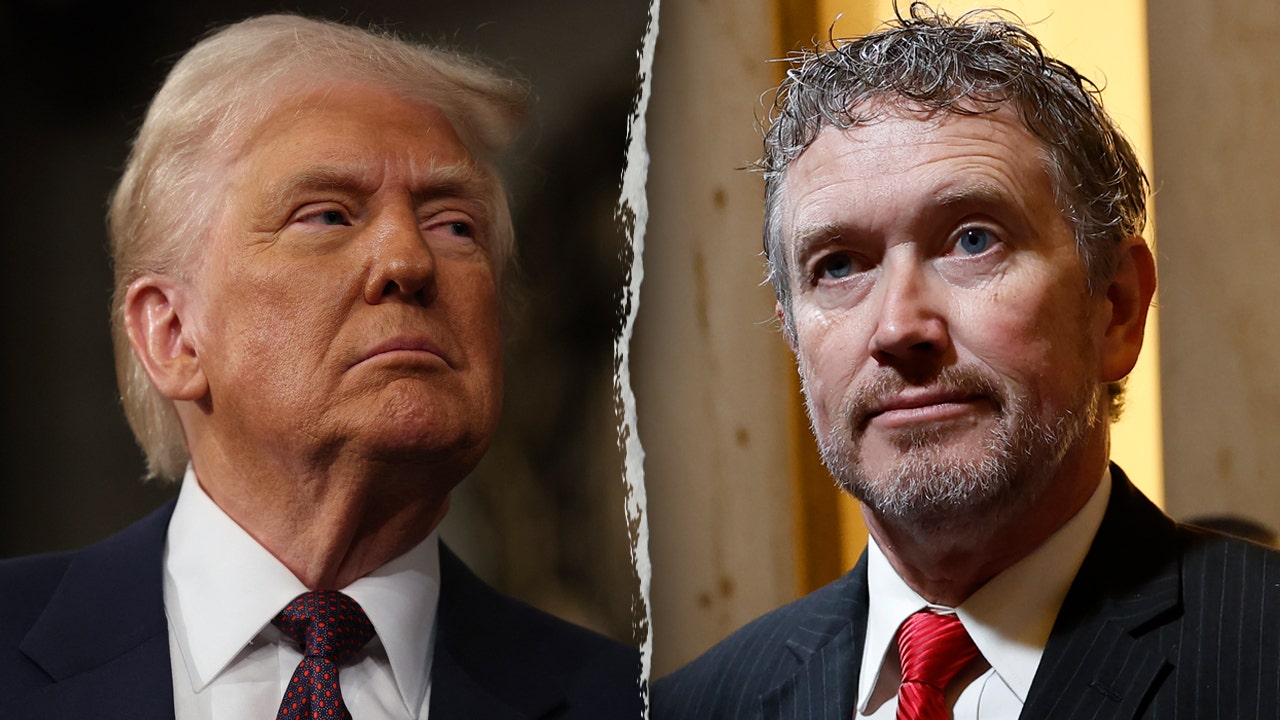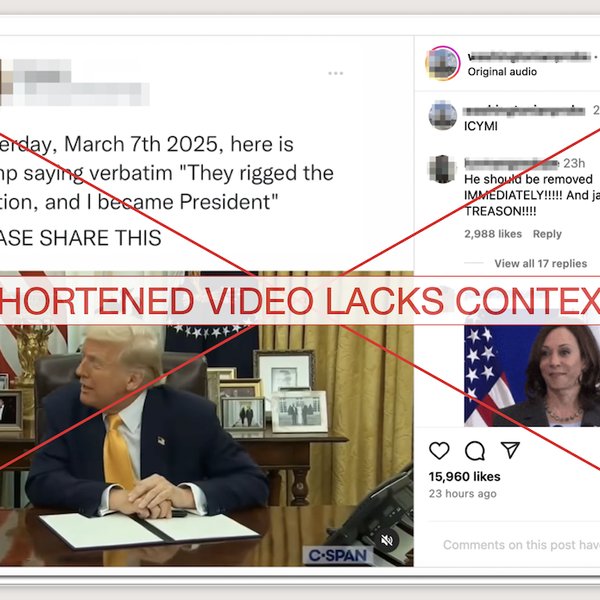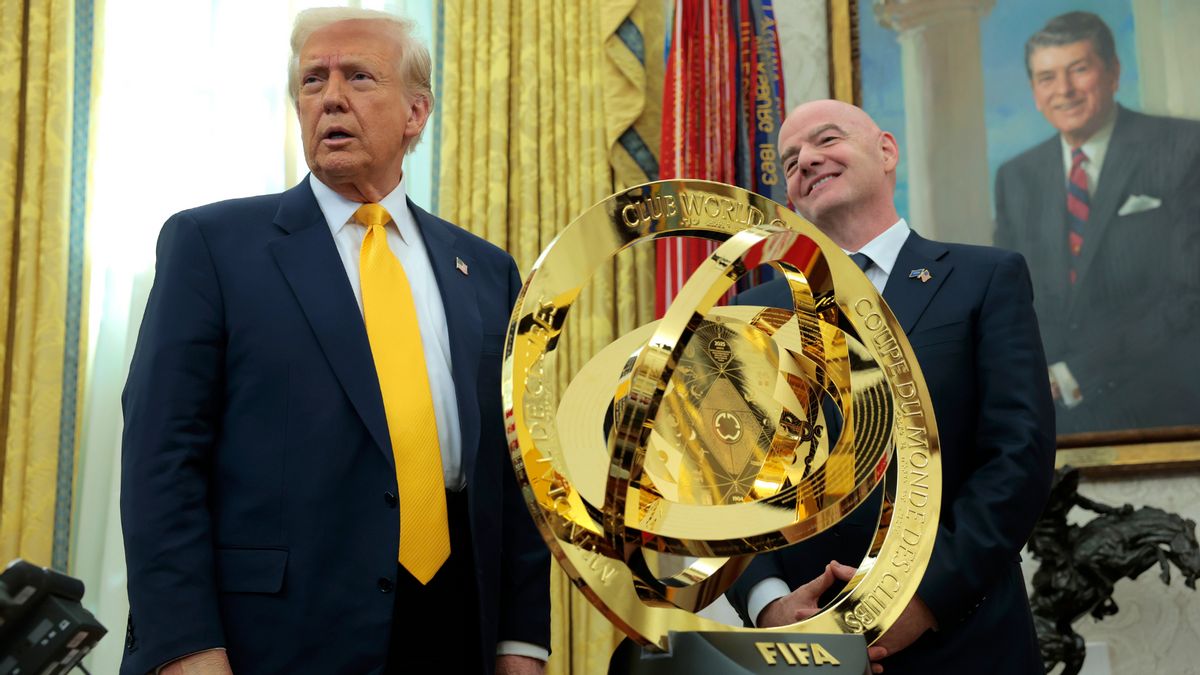Donald Trump isn’t president yet, but the actions he’s taking before even being sworn in may have already thrust the United States into a new trade war.
💰💸 Don’t miss the move: SIGN UP for TheStreet’s FREE Daily newsletter 💰💸
Trump has made his policy plans extremely clear since winning the 2024 U.S. presidential election over Vice President Kamala Harris. His list includes doubling down on his plans to levy tariffs against some of the country’s top trade partners, specifically Mexico, Canada and China.
His plans include imposing 10-20% tariffs on all imported goods and a Chinese import tariff of at least 60%. Experts, such as Nobel laureate economist Paul Krugman, have predicted that these policies could have severely negative effects on the U.S. economy.
Krugman notes that the impact of Trump’s tariffs may vary, depending on whether the countries on the other end retaliate against the U.S. And China may already be taking action on that front, as evidenced by recent announcements.
Earlier this month, Chinese regulators announced they would investigate Nvidia (NVDA) on suspicions that the artificial intelligence (AI) leader had violated antitrust laws. As TheStreet’s Martin Baccardax reported, this posed a threat to NVDA stock, as it indicated rising tensions in the chip market between the two nations.
Related: Broadcom CEO sounds alarm on crucial shift in AI-chip market
Now, however, these tensions may be escalating, and the brewing new trade war may be playing a part. China has announced that it plans to heavily scrutinize tech deals moving forward.
The country also recently imposed what the Center for Strategic and International Studies (CSIS) describes as its “most stringent critical minerals export restrictions yet,” targeting a commodity upon which many U.S. industries depend, including digital technology, energy and defense.
As reporter Rebecca Feng and colleagues at the Wall Street Journal note, these could hint at China’s plans for retaliation if Trump moves forward with his planned tariffs after taking office. The outlet highlights an example of a deal between U.S. tech leader Qualcomm (QCOM) and Dutch company NXP Semiconductors which collapsed after failing to win China’s approval for the consequences of high Chinese regulatory scrutiny.
The WSJ team provides further context, writing,
“In that case, China’s leverage comes from the power it has to scrutinize global mergers—even for deals that don’t seem closely related to the country. Chinese regulators used a similar maneuver to torpedo Intel’s $5.2 billion deal in 2022 to buy Israel’s Tower Semiconductor, dealing a critical blow to a cornerstone of Intel’s ambitious turnaround plan.”














